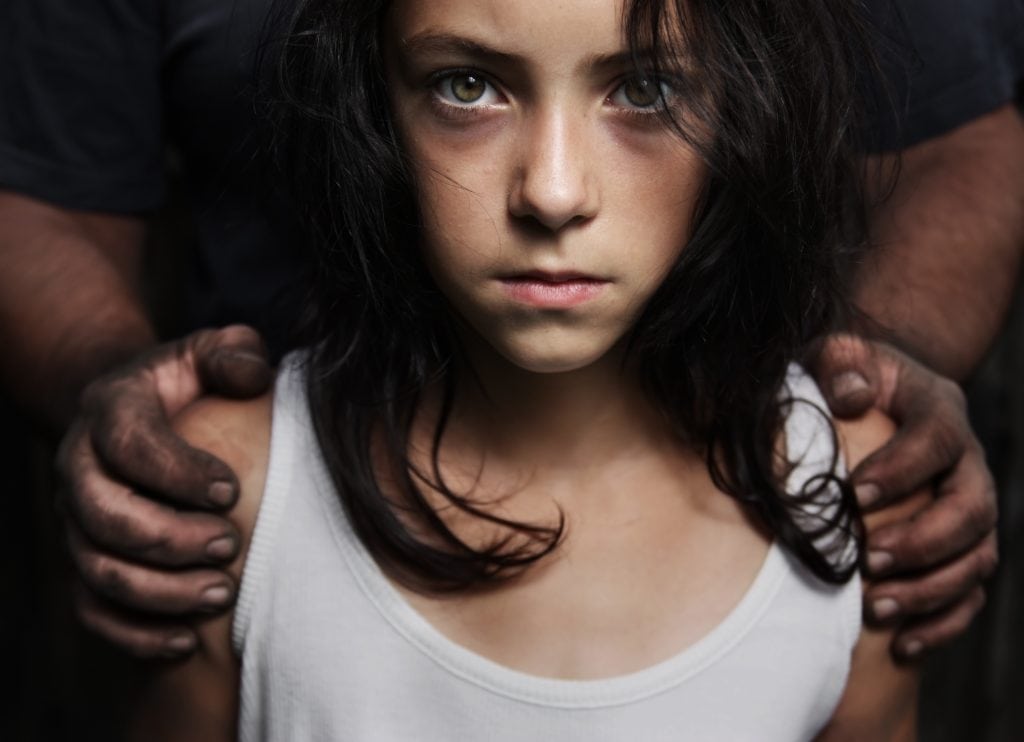WORKING TO PREVENT CHILD ABUSE

With the recent deaths of Savannah Hardin in Alabama and Phoebe Jonchuck right here in Tampa Bay, child abuse has been in the news. However, according to ChildHelp.org , there are nearly three million reports of children who are abused every year, involving over six million kids that don’t make the evening news.
Child abuse can involve everything from neglect to physical, mental, and emotional or psychological abuse. While you may not be an abuser, there are still kids you encounter every day that are in abusive situations. There are things to look for and ways to help families before they enter a crisis situation.
Remove the Stigma of Talking About Abuse and Who is Responsible
The Children’s Board of Hillsborough County , along with the Crisis Center of Tampa Bay , sees children and families every day who are enduring abusive situations. Whether it is mental or emotional abuse, sexual abuse or physical abuse, children face abuse every day. Kelley Parris , executive director of the Children’s Board has been working to spread the word of child abuse prevention, and says that the first step we need to take is to remove the stigma of talking about abuse and to take responsibility for every child we come into contact with.
Once we remove the taboo surrounding talking about abuse, and open up a dialogue, we can start to emotionally heal and we can start to put an end to child abuse. Everybody is responsible. We also need to start talking about discipline so that we all understand what is appropriate and what is crossing a line. Parents should not be afraid of being judged for needing guidance. If you feel that another parent is crossing a line with their discipline, talk with them about it. Don’t be afraid to speak up if you feel that something is really wrong—this could help stop a future crisis situation.
Signs of Abuse
It is important to look for signs of abuse in all the children you come in contact with, including your children’s friends and classmates, even kids you regularly encounter at the grocery store or the park.Sunny Hall , vice president of Client Services at the Crisis Center of Tampa Bay advises that the more isolated a family is, the more at risk that family is for having some sort of abuse or neglect situation in their home, so try to get to know your neighbors and really try to talk to people.
Some of the signs that you can look for are children with low self-esteem who seem withdrawn, and kids with sexual knowledge beyond their age or bruises on softer parts of their bodies. You should also look for injuries that are inconsistent for the child’s age—like a two year old with a broken arm.
Other red flags include a child who is chronically absent from school or other activities, seems malnourished and self-critical, or constantly disheveled. The list of signs that a child is being abused can seem long, but the main things to look for are injuries and emotional issues.
How to Find Help
One of the main things to remember when it comes to abuse is that parents don’t want to be abusive and kids don’t want to be abused. The truth is that most of the people who have kids have them, love them, want them to be successful, want them to be happy, and often are just frustrated or isolated, or just don’t really know how to provide the right environment for their kids.
The Crisis Center of Tampa Bay offers a variety of programs to help families to stay out of unmanageable and abusive situations, including in-home classes, parenting classes and counseling. These can be crucial for parents who may feel that they don’t know how to discipline their kids or that they aren’t cut out for parenting.
If there is a situation that is critical, we have our trauma counseling for kids which is different from regular family counseling. It can be traumatic for the parents too—they don’t want to hurt their kids, so responding to the trauma in parents is equally important to responding to trauma in kids.
If you suspect someone is being abused, or if you or your children are in an abusive situation, please call 1-800-962-2873 to speak to the abuse hotline, or dial 2-1-1 to reach the Crisis Center of Tampa Bay.
For more information on how to stop abuse and what you can do, visit TBParenting.com or check out our May Issue .
by Angela Ardolino of Tampa Bay Parenting, TBParenting.com